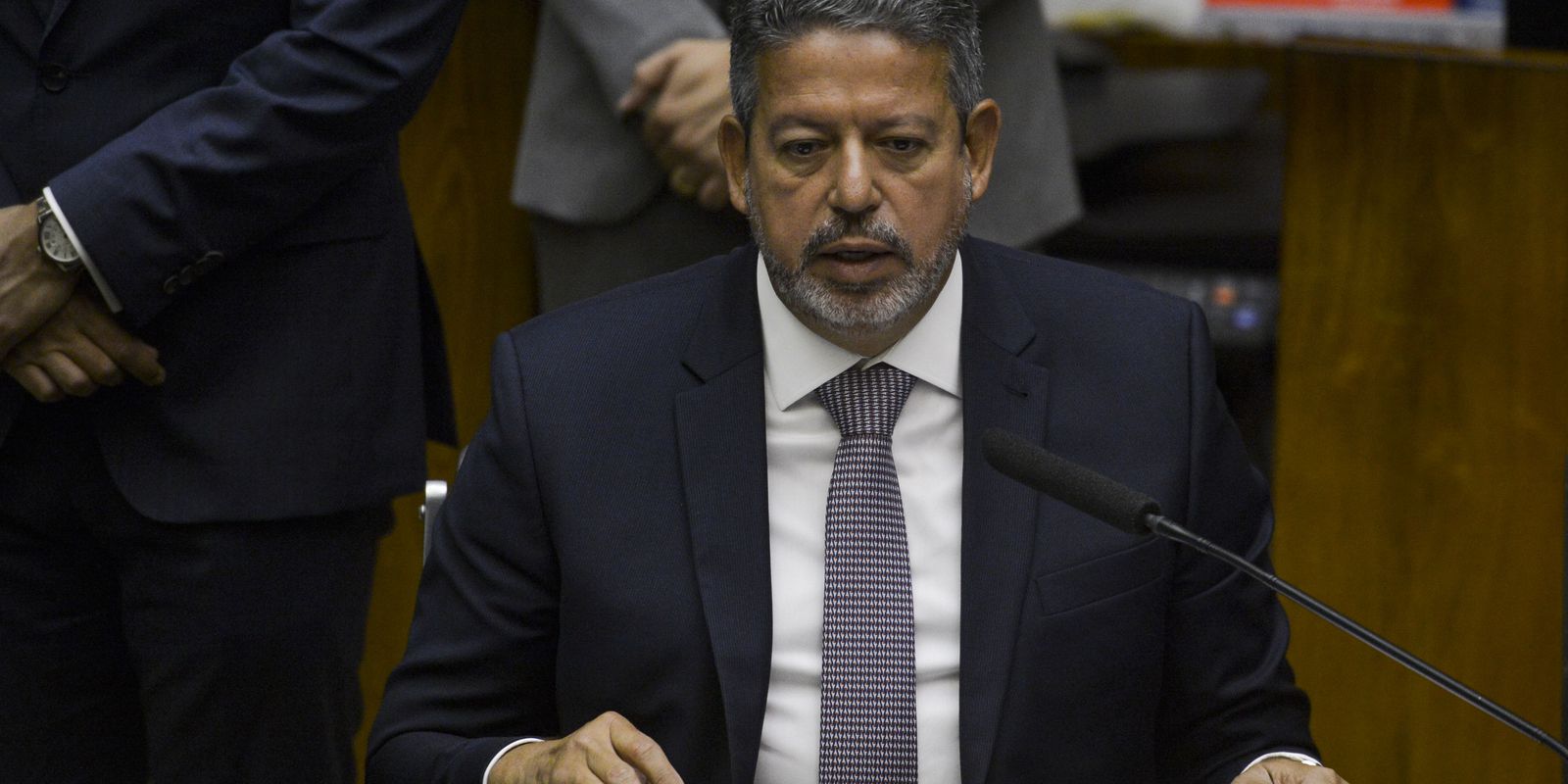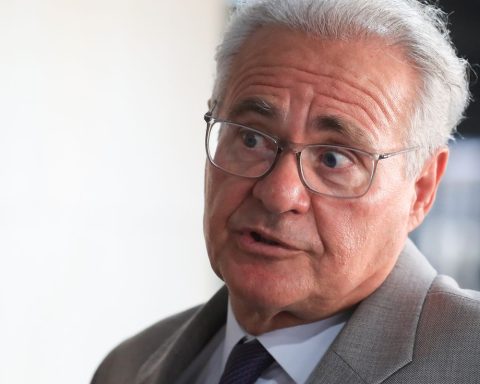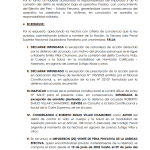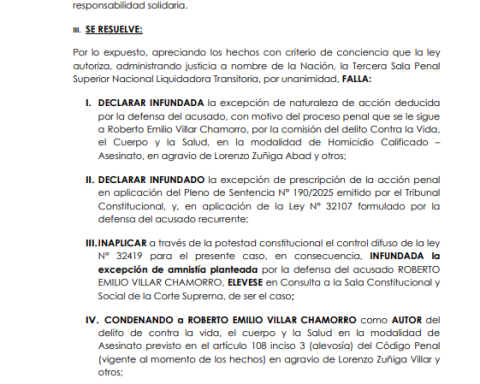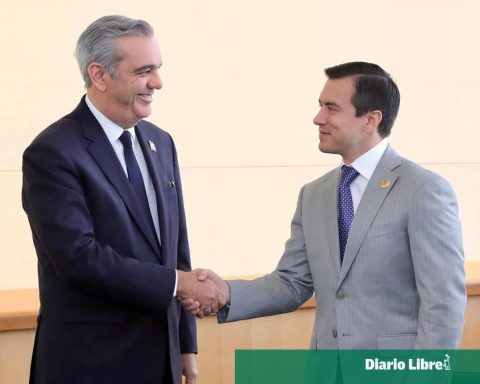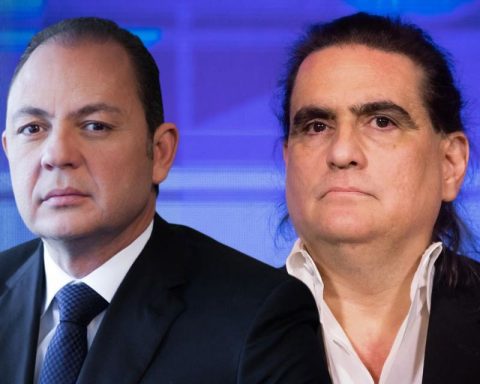The president of the Chamber of Deputies, Arthur Lira, defended today (21) the so-called secret budget – the general rapporteur’s amendments to the Annual Budget Law. The amendments have been criticized for going beyond the original function of making adjustments to the Budget and for being used to make substantial changes, without ample discussion, in the use of public resources. 
“The ill-fated budget that they call secret is municipalist, it is broad, it is democratic”, said the president of the Chamber, in a lecture given at the Brazilian Association of Wholesalers and Distributors of Industrialized Products.
According to Lira, the budget controlled by Congress allows for more capillarity and precision in the application of resources than the one that is exclusively in charge of the federal government. “This choice [de onde aplicar os recursos] it’s random, it’s because of pressure from the parliamentarian, who often had to stay 5 or 6 hours in a minister’s anteroom with a briefcase under his arm,” he said.
The mayor also countered the criticism that the system was used to improve the federal government’s relationship with Congress. “This democratization was done and they gave the impression that this budget was to favor the government of now, when not [é verdade]?? Any government wants the budget for itself. But in the whole world and in Brazil it will be no different. The Budget is the result of discussion, voting, rearranging, inspection, by the Legislative Power. The Executive Branch then only has to execute,” he added.
Lira also defended that, in the coming years, Congress not only maintains this decision-making power over the Budget but also expands its role in public policies. “It is wrong to retreat. We have advanced a little in the prerogatives that, over the years, we have given up. Our fight, in Brasilia, is for these prerogatives to remain, to grow so that the constitutional limit is reached”, she emphasized.
In his opinion, a debate should even be opened on reducing the importance of the Presidency of the Republic with the adoption of a semi-parliamentary regime. “I also defend that Brazil should discuss, very clearly, without electoral pressure, changing the system to semi-presidentialism. It would not be for 2022, it will not be for 2026, who knows for 2030.”
